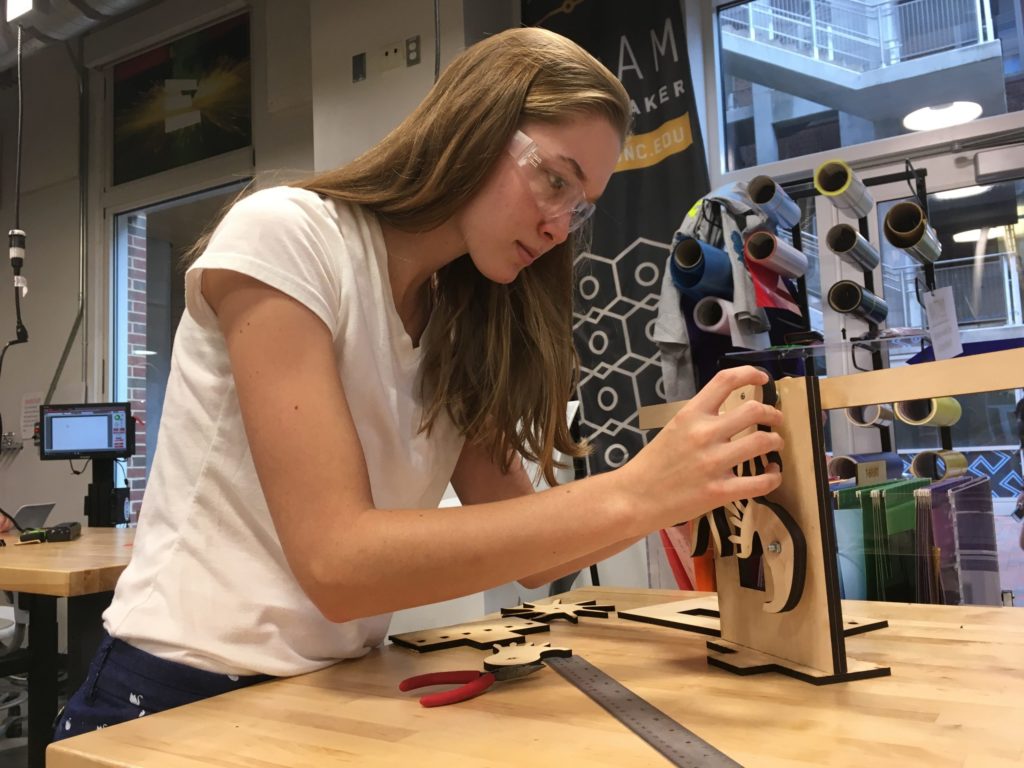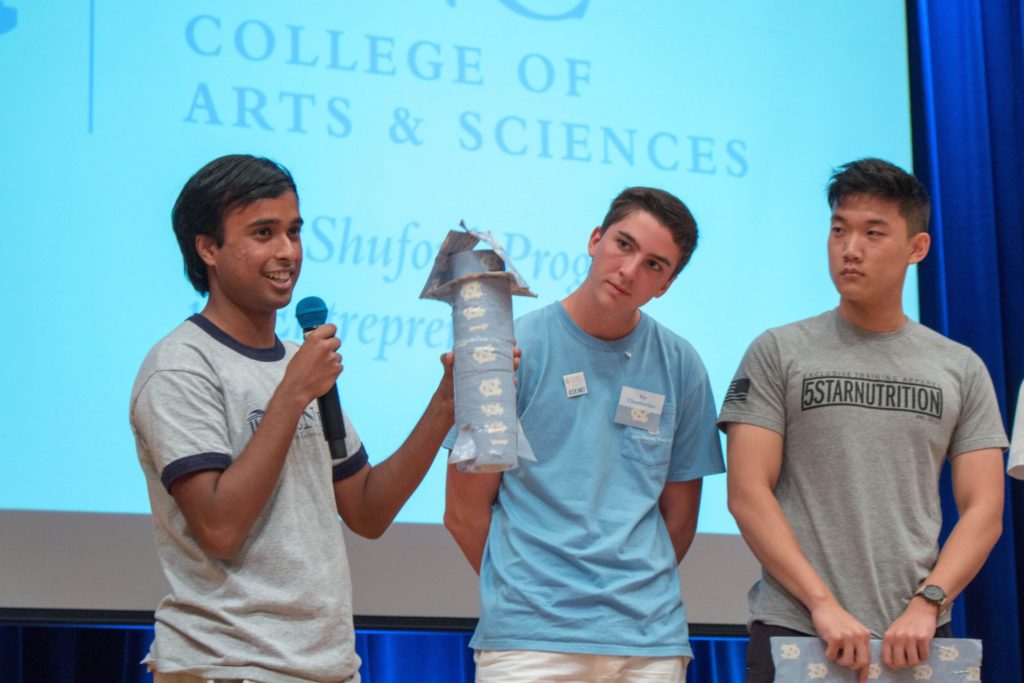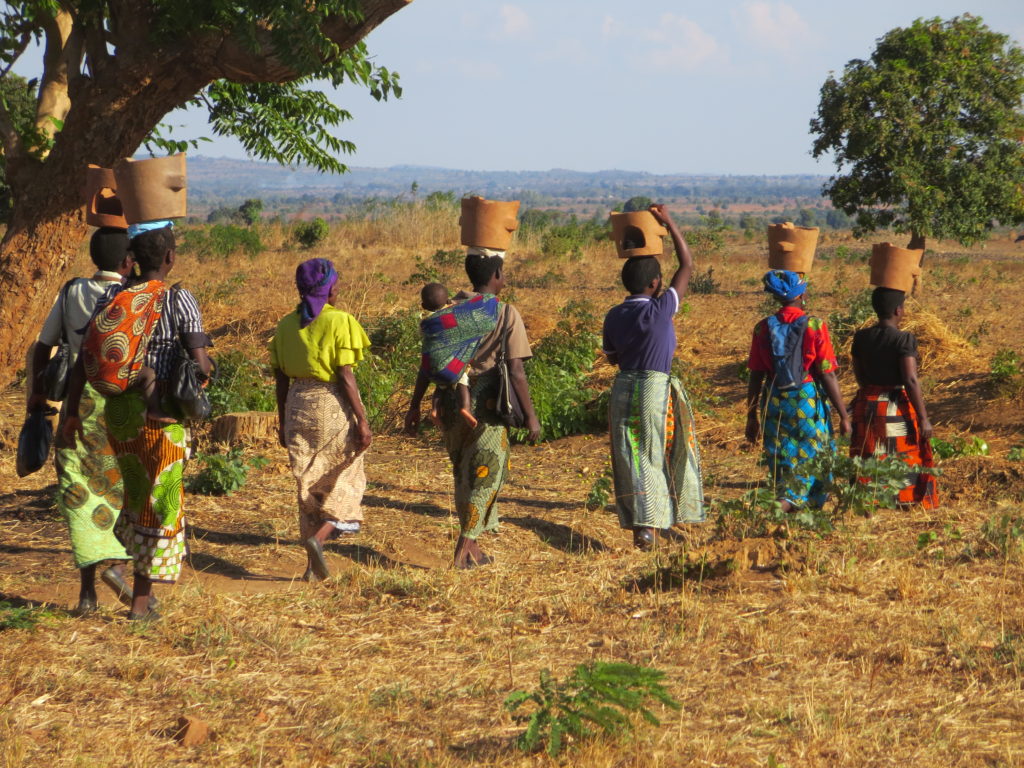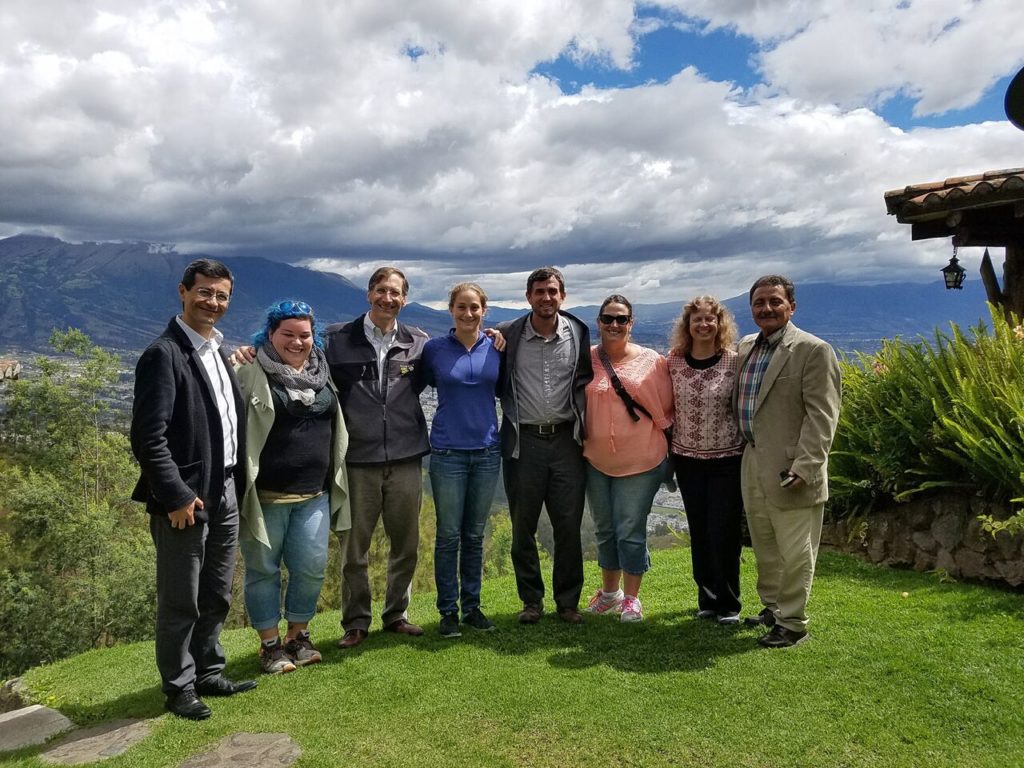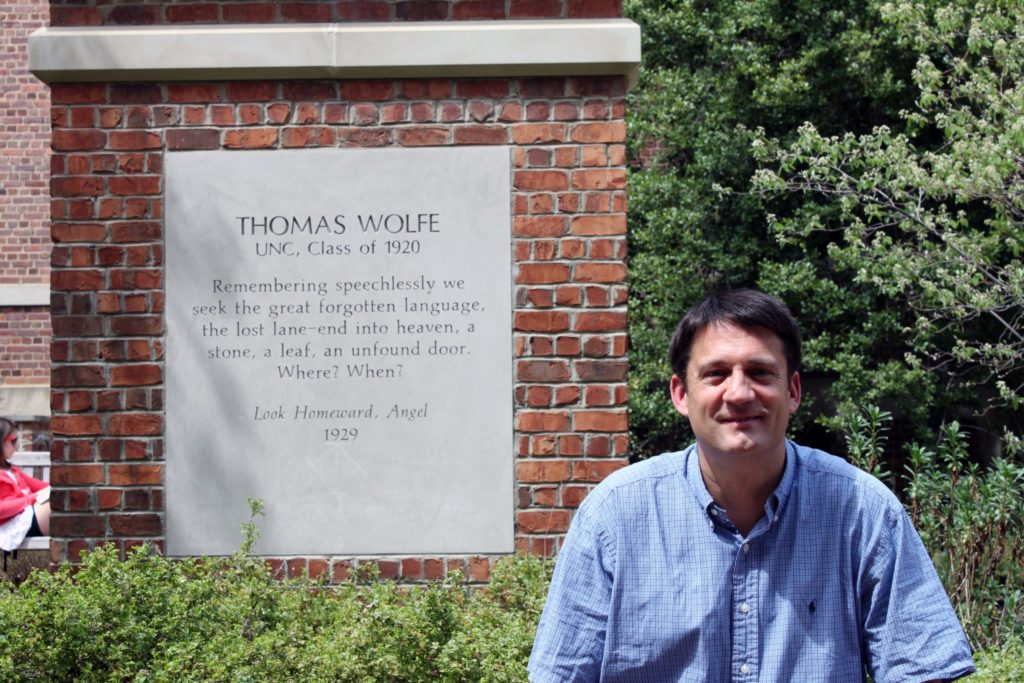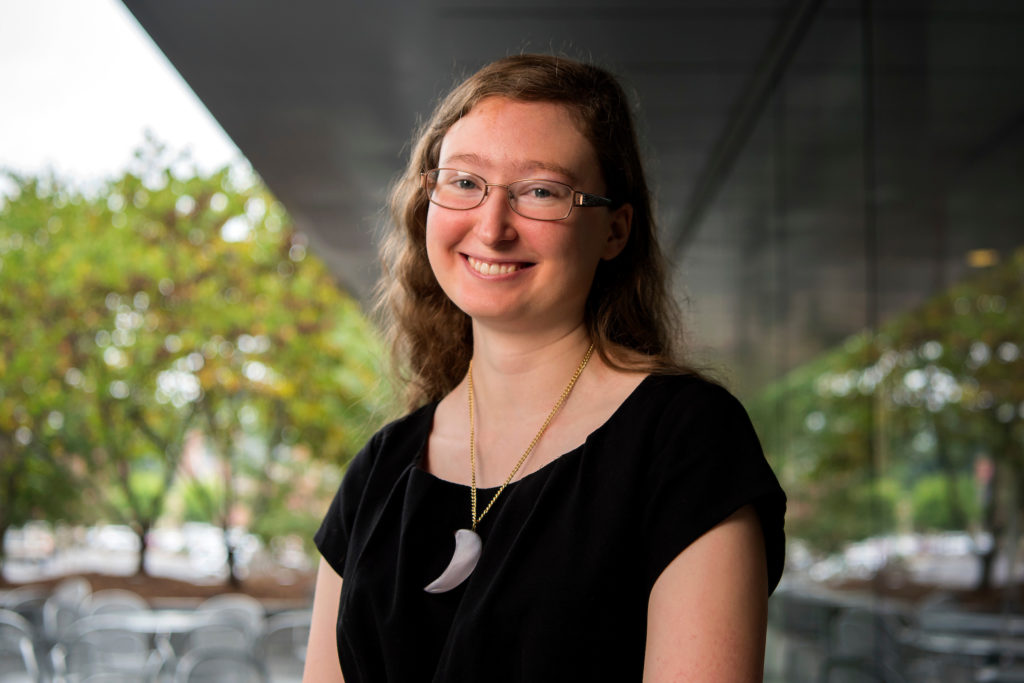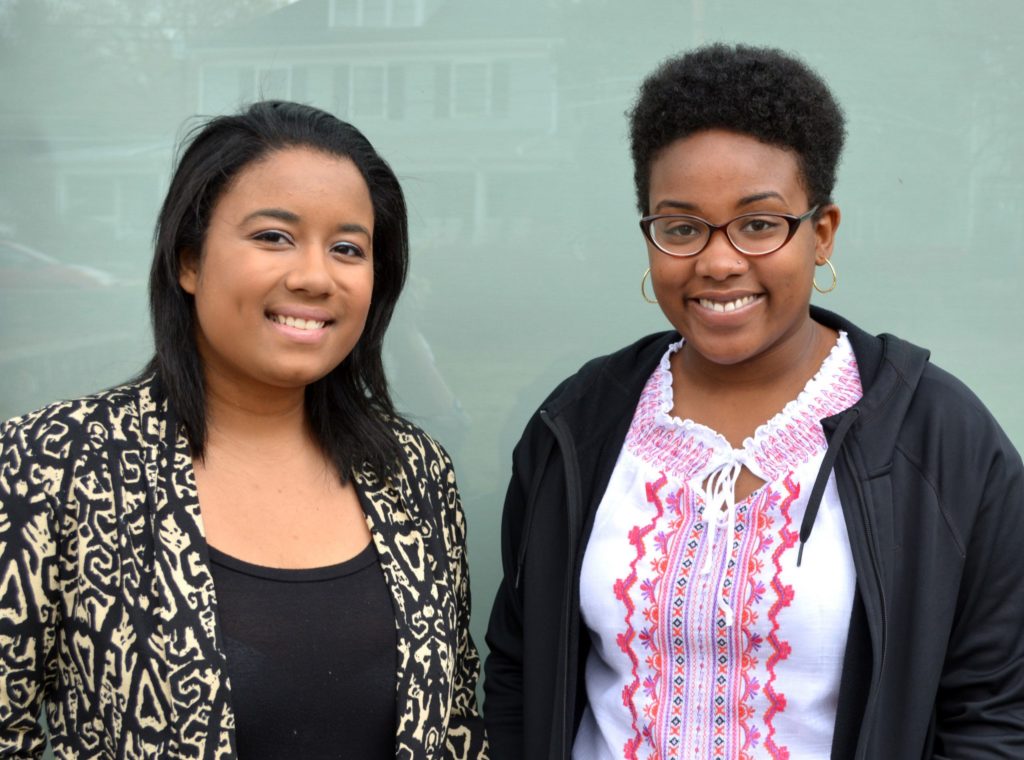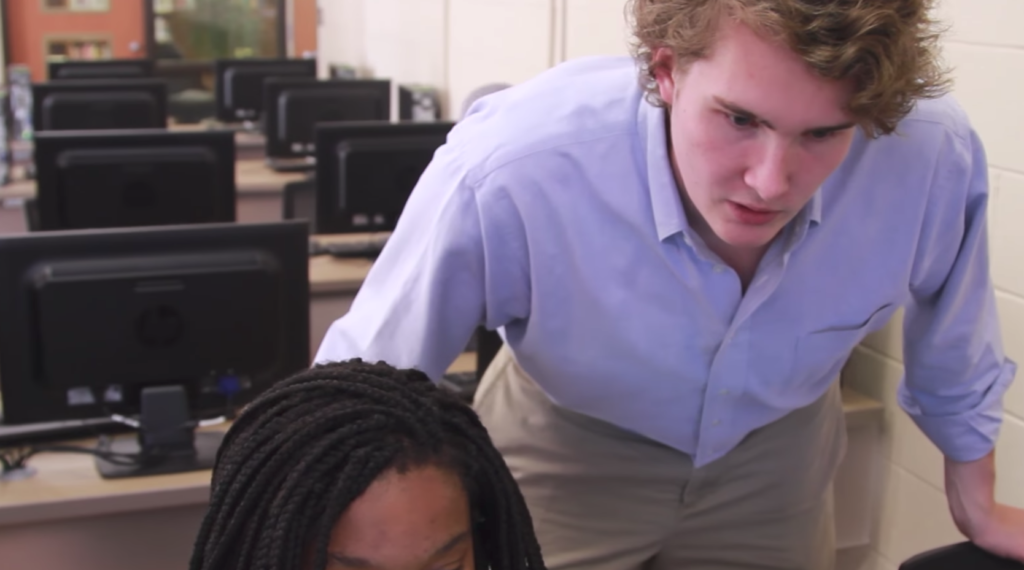QEP courses transform student experience
“Transformative” is the word professors Glenn Hinson and Stefan Jeglinski use repeatedly when speaking about the courses they’ve developed through the University of North Carolina at Chapel Hill’s Quality Enhancement Program (QEP), a five-year initiative to enhance the undergraduate learning experience through “connecting, doing and making.”
QEP courses transform student experience Read More »

